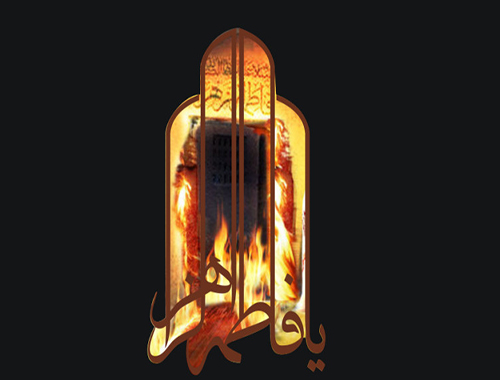2. Human Conscience
- Details
- Hits: 1923
2. Human Conscience
The question now arises of whether man's conscience alone can lead him through these dimensions. Let us begin to analyse this problem with description of human conscience itself.
Most people would agree that within the depth of man's nature, there is a power which can distinguish good from bad. This power is known as human conscience.
We do not deny that society has an influence on deciding what is good and evil: for example, dress, food and other similar things may be good at one time and place, and bad in others. Such values are the result of a particular society's view-point. However, there are certain values —good as well as evil— which are of universal nature; they are not confined to one time, place or society. For example, trustworthiness, helping the poor and the weak, working for humanity, and justice. These are considered as good values deeply rooted in the nature of man. Likewise, cheating, selfishness, and injustice are considered as bad at all times and in all places. Such universal values prove the existence of human conscience.
Can conscience alone guide us to perfection through the three dimensions of life? Conscience by itself cannot guide man completely—it needs training. Human conscience is like minerals in the earth which must be extracted and refined. Otherwise, it may be perverted and rendered useless under the influence of a corrupt social environment. Every person is familiar with the situations where he himself or a fellow human being has suppressed the voice of his conscience and given in to his evil desires.











